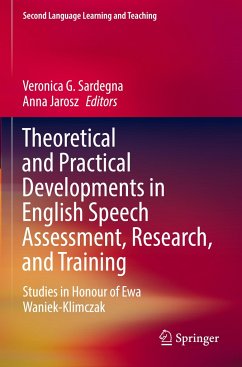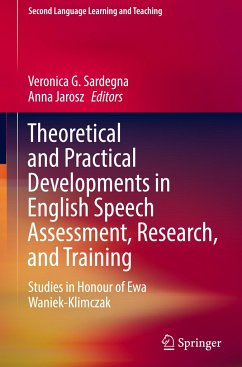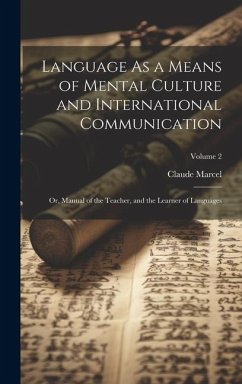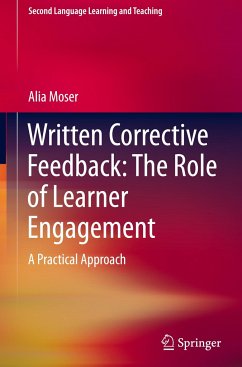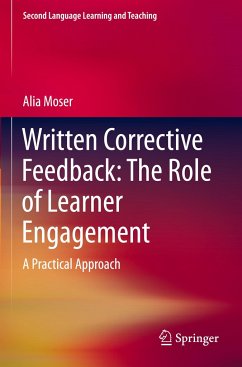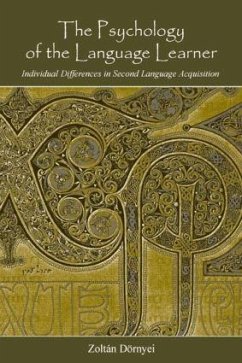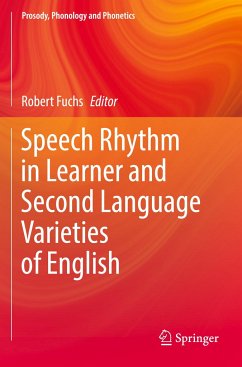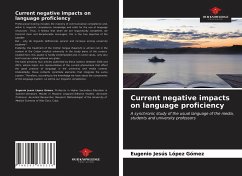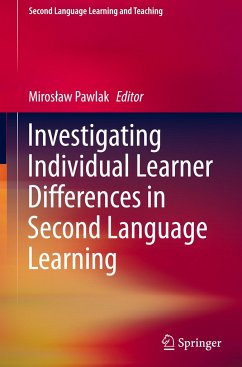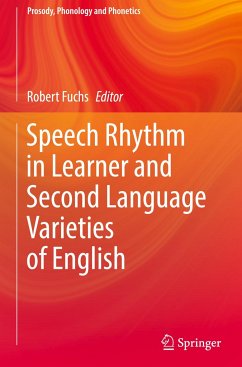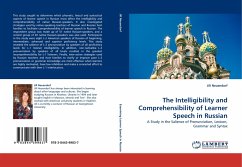
The Intelligibility and Comprehensibility of Learner Speech in Russian
A Study in the Salience of Pronunciation, Lexicon, Grammar and Syntax
Versandkostenfrei!
Versandfertig in 6-10 Tagen
52,99 €
inkl. MwSt.

PAYBACK Punkte
26 °P sammeln!
This study sought to determine which phonetic, lexical and syntactical aspects of learner speech in Russian most affect the intelligibility and comprehensibility of native Russian-speakers. It also investigated strategies used by native-speaking teachers of Russian and Russian host families to facilitate comprehensibility of learner speech in Russian. The respondent group was made up of 51 native Russian-speakers, and a control group of 20 native Russian-speakers was also used. Participants in the study were eight L-2 American speakers of Russian of beginning, intermediate, advanced and superi...
This study sought to determine which phonetic, lexical and syntactical aspects of learner speech in Russian most affect the intelligibility and comprehensibility of native Russian-speakers. It also investigated strategies used by native-speaking teachers of Russian and Russian host families to facilitate comprehensibility of learner speech in Russian. The respondent group was made up of 51 native Russian-speakers, and a control group of 20 native Russian-speakers was also used. Participants in the study were eight L-2 American speakers of Russian of beginning, intermediate, advanced and superior proficiency levels. This study revealed the salience of L-2 pronunciation by speakers of all proficiency levels for L-1 listener intelligibility. In addition, non-nativelike L-2 pronunciation by speakers of all levels resulted in the greatest incomprehensibility for L-1 listeners. Finally, inter-active strategies used by Russian teachers and host families to clarify or improve poor L-2 pronunciation or grammar knowledge are most effective when learners are highly motivated, have low inhibition and make a concerted effort to communicate with their L-1 interlocutors.



